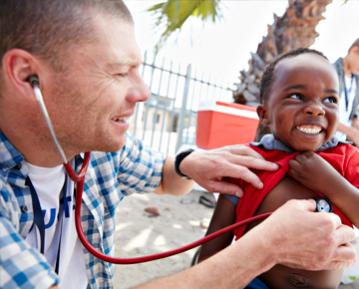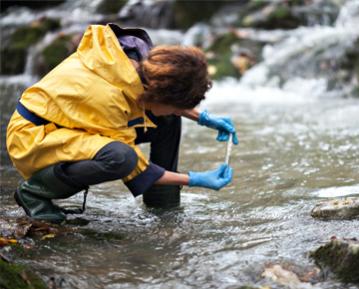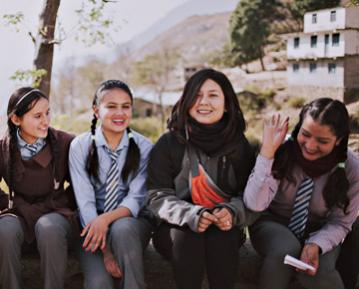Strengthen skills and increase career potential with an undergraduate certificate in bioethics or any of our nine graduate-level certificate programs. Most degree-seeking students can earn a certificate in tandem with their primary degree without adding extra time to their program. Post-baccalaureate active public health professionals are also encouraged to apply as a non-degree student which would lead to a stand-alone 15-credit graduate certificate.









